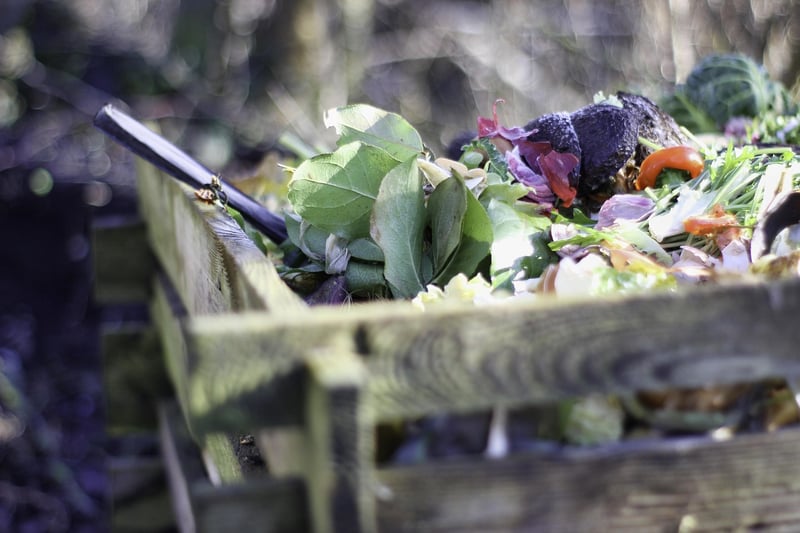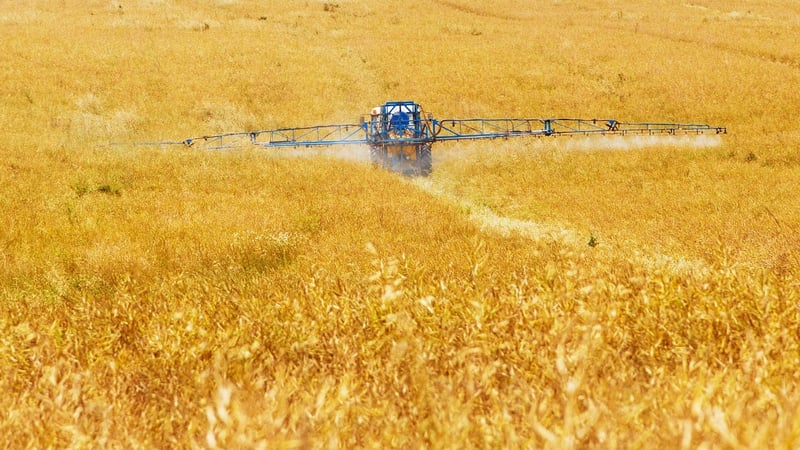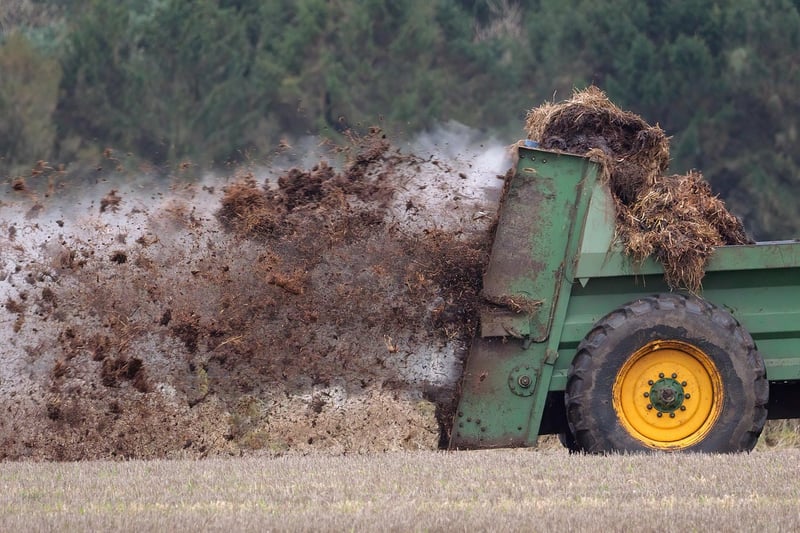Organic Fertilizer Production
The Importance of Sustainable Waste Management and Organic Fertilizer Production

In today's world, the need for sustainable waste management practices is more crucial than ever. With the growing population and increased consumption, there is a significant strain on our environment. One way to address this issue is through sustainable waste management and organic fertilizer production.
Sustainable Waste Management
Sustainable waste management involves reducing, reusing, and recycling waste to minimize its impact on the environment. By properly managing waste, we can prevent pollution, conserve resources, and reduce greenhouse gas emissions. Composting is a key practice in sustainable waste management, where organic waste is broken down into nutrient-rich soil conditioner.
Benefits of Sustainable Waste Management:
- Reduces landfill waste
- Conserves natural resources
- Minimizes pollution
- Creates renewable energy sources
Organic Fertilizer Production

Organic fertilizer production involves using natural materials such as compost, manure, and crop residues to enrich the soil and promote plant growth. Unlike chemical fertilizers, organic fertilizers are environmentally friendly, sustainable, and improve soil health over time. By recycling organic waste into fertilizer, we can close the loop on waste management and promote a circular economy.
Benefits of Organic Fertilizer:
- Improves soil structure
- Enhances nutrient retention
- Promotes beneficial soil organisms
- Reduces chemical runoff into water sources
By combining sustainable waste management practices with organic fertilizer production, we can create a more environmentally friendly and efficient agricultural system. This not only benefits the environment but also contributes to healthier soils, increased crop yields, and overall sustainable food production.
It's important for individuals, communities, and governments to adopt these practices to ensure a more sustainable future for generations to come.
